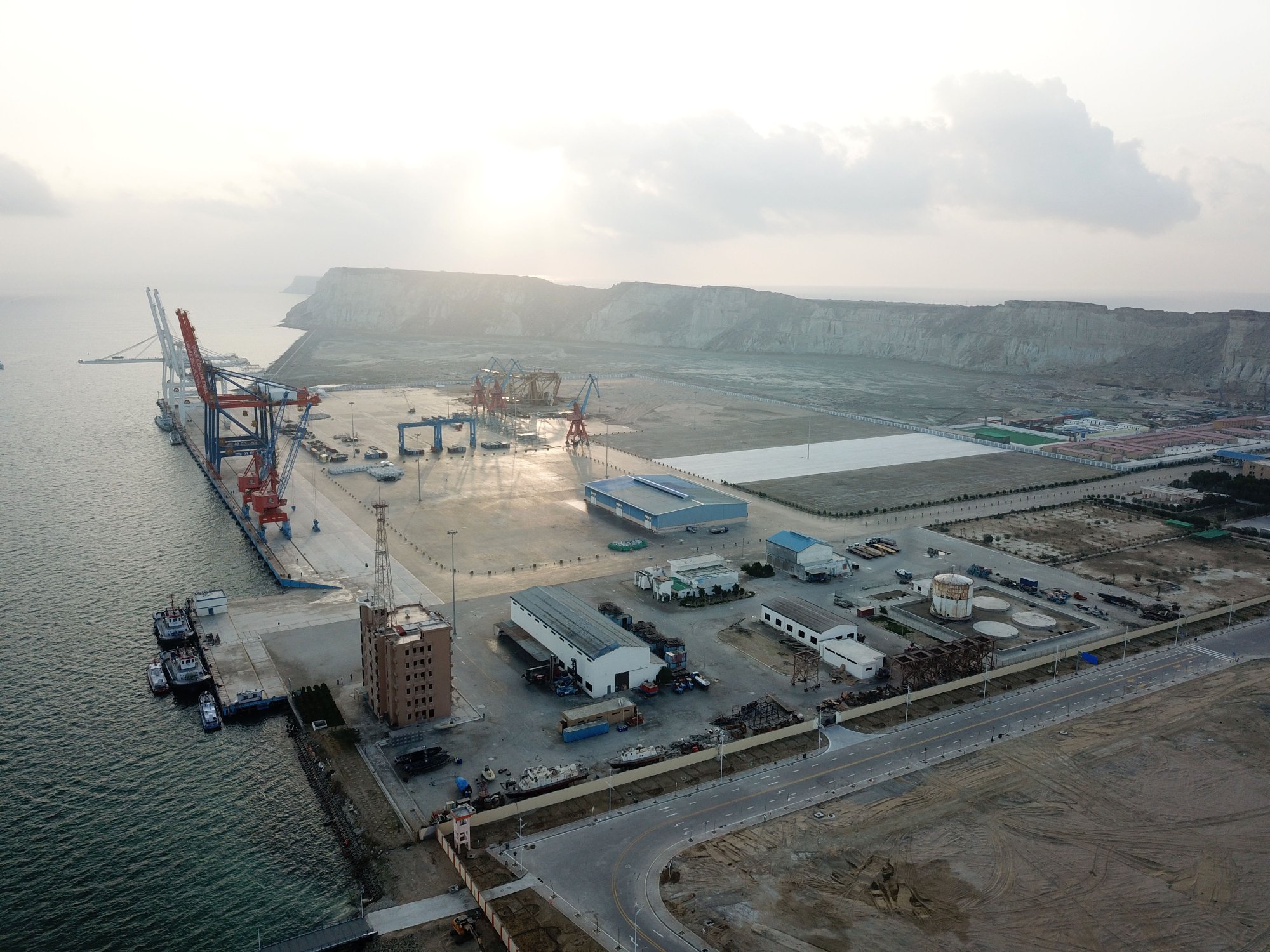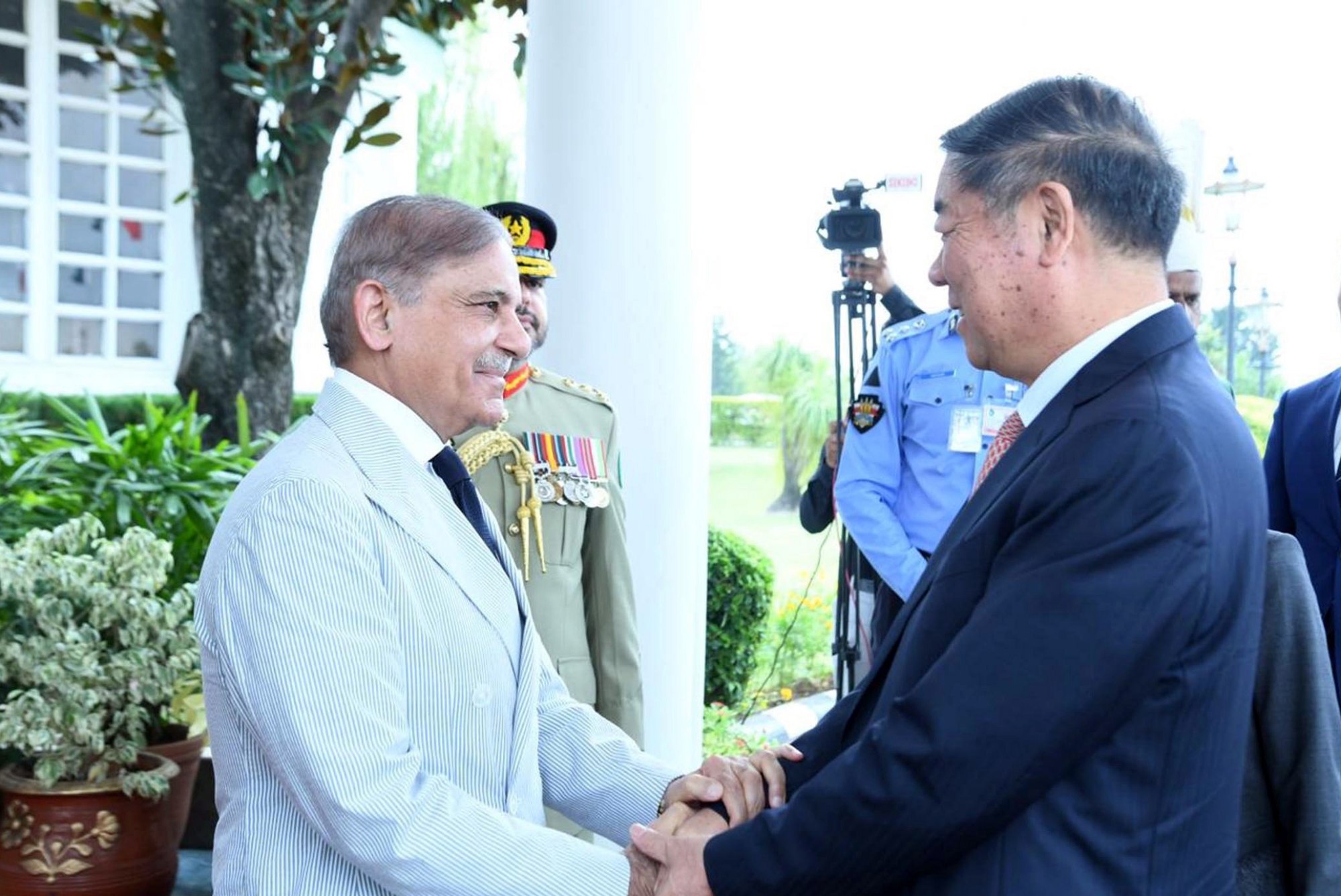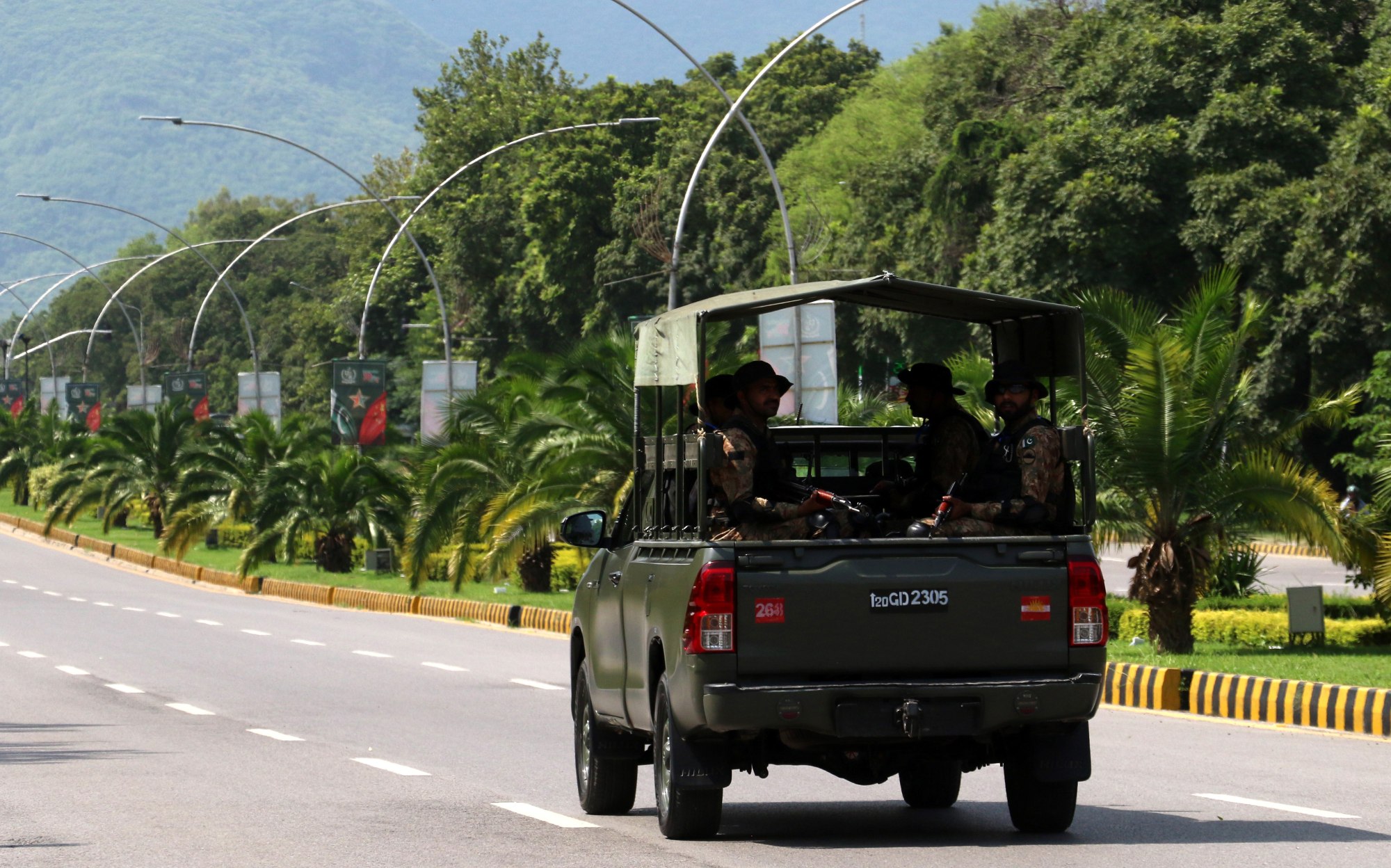
China’s belt and road expansion in Pakistan at risk as terrorist attacks surge
- The attacks in western Pakistan coincide with ongoing celebrations for the 10th anniversary of the China-Pakistan Economic Corridor
- Analysts warn Pakistan could ‘further aggravate the situation’ if it were to step up action against the insurgents’ bases in Afghanistan
Chinese companies have built some US$25 billion worth of mostly power generation and logistical infrastructure since work on the CPEC began in earnest in 2016. The overall value of projects scheduled for completion by 2030 is estimated at US$62 billion.

Nine Pakistani soldiers were killed while repulsing a July 12 attempt by a TTP suicide squad to storm a garrison in the remote town of Zhob, a vital link in roads being built to provide a shorter new route along the country’s western axis to Gwadar.
Another three Pakistani troops were killed on the same day in a battle with TTP militants in the Sui area of Balochistan, leading security officials to conclude that the Pakistani Taliban had been provided logistical support by ethnic Baloch separatists, who have been fighting security forces since 2004.
“The Zhob attack was connected to CPEC. That’s why the [Pakistani] army chief of staff reacted by rushing to Quetta”, the administrative capital of Balochistan, and issued a statement saying “foreign” nationals were involved, said Afrasiab Khattak, a former member of Pakistan’s Senate.
This prompted the Pakistani authorities to extend CPEC-level security to all Chinese companies, and to restrict the movements of Chinese nationals.
Despite repeated denials by the Taliban regime, “the TTP is part of the Taliban and it has now been equipped with weapons left behind in Afghanistan by US forces”, Khattak said.
This has enabled the TTP to revive the insurgency that Pakistani security forces defeated in 2015 after eight years of fighting, which claimed more than 70,000 lives and crippled the national economy.
“It is now a full-blown insurgency with a shadow government which is targeting the symbols and personnel of the Pakistani state,” Khattak said.
But if Pakistan were to carry out its repeated threats of retaliatory cross-border attacks against TTP bases in Afghanistan, it would “further aggravate the situation”, he said.
“The Taliban [regime] wouldn’t be able to restrain anti-Pakistan sentiment within its ranks, and it would be forced to reconsider its alliance with Pakistan” under which the Islamist movement enjoyed safe havens in border areas of western Pakistan during their 20-year war with the US and its allies, Khattak said.
The security situation has been further complicated by the spillover of fighting between Afghanistan’s Taliban regime and the rival Islamic State Khorasan (Isis-K) across the border into tribal districts of Pakistan’s northwestern Khyber Pakhtunkhwa province.
The Afghan Taliban and TTP both condemned the attack that killed at least 54 people, while Isis-K on Monday claimed responsibility.

The Bajaur attack coincided with the arrival of Chinese Vice-Premier He Lifeng in Islamabad for talks on the second phase of CPEC.
But CPEC development “will continue alongside terrorism”, said Abdul Basit, a senior associate fellow of the S. Rajaratnam School of International Studies at Nanyang Technological University in Singapore.
“The Chinese know what they have gotten themselves into, and are learning the ropes on how to muddle through.”

The Singapore-based analyst suggested that Chinese security agencies could take a more direct approach in dealing with the militants responsible for killing Chinese nationals, instead of relying solely on Pakistan.
He also hinted that the assassination of the Afghanistan-based TTP militant behind the July 2021 vehicular suicide attack, which killed nine Chinese nationals working on a hydropower dam in northern Pakistan, could have involved some level of Chinese assistance. There have been no official indications of China’s active involvement in Pakistan’s anti-terrorism operations.
In a meeting with He on Monday, Prime Minister Shehbaz Sharif said “obstacles” to the friendship between Pakistan and China would not be “tolerated”.


